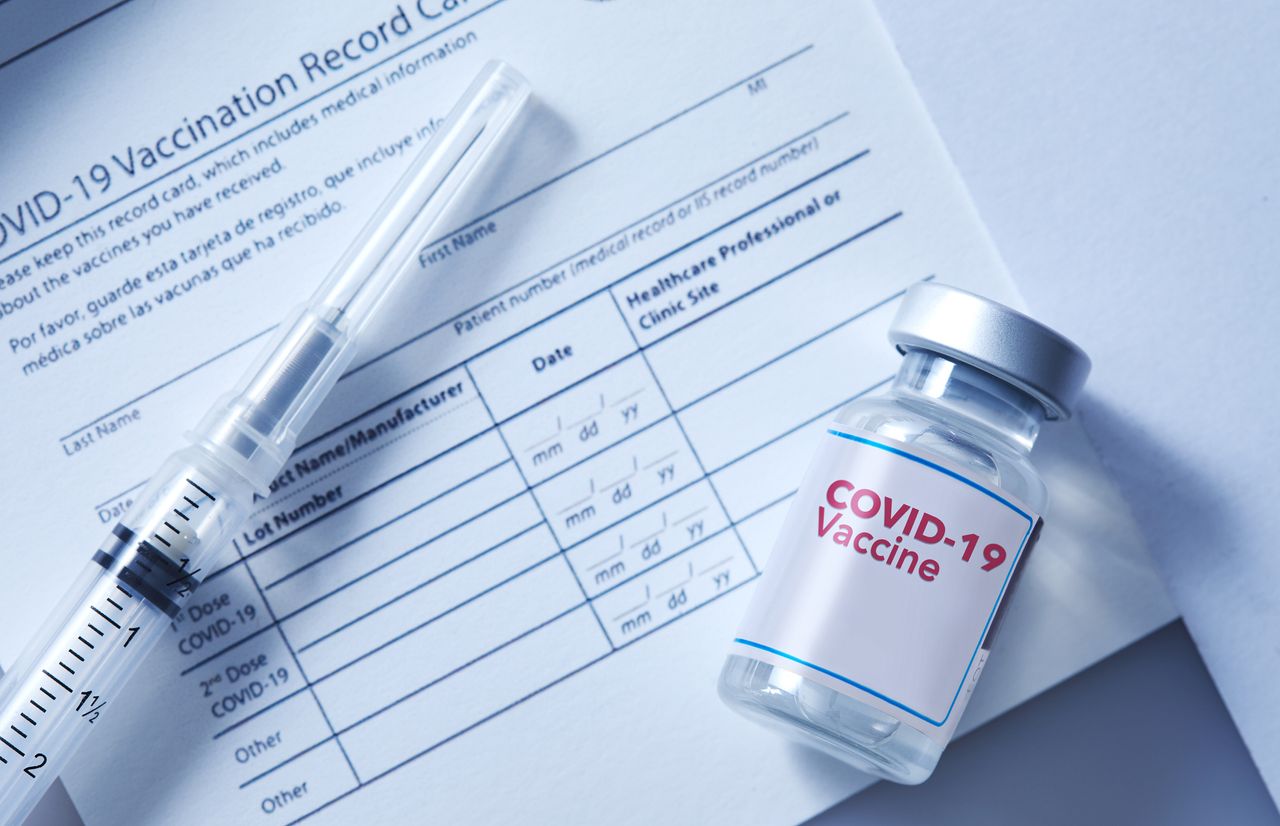
Medicare generally covers the COVID-19 vaccine, including all updated versions, at no cost to beneficiaries. However, some people have been charged or turned away due to recent issues with pharmacy billing and system updates, as well as a delay between the FDA's and CDC's formal recommendations.
Here's what Medicare beneficiaries need to know about getting the COVID-19 vaccine this fall.
Does Medicare cover COVID-19 vaccinations?
Medicare's coverage of the COVID-19 vaccine falls under Medicare Part B, which also covers other preventive vaccines like the flu and pneumonia shots. This means you should not have to pay a copay, deductible, or any other out-of-pocket costs for the vaccine itself or for its administration, as long as the provider accepts Medicare assignment.
This coverage applies whether you have original Medicare or a Medicare Advantage Plan (MA). MA plans must, at a minimum, cover everything Medicare covers. If your Medicare Part B plan covers the COVID-19 vaccine, then your MA plan also has to cover it. However, if you have a Medicare Advantage plan, you may need to go to a pharmacy or provider that is in your plan's network.
The biggest source of confusion and barrier to Medicare beneficiaries getting their COVID-19 vaccine covered by Medicare is the CDC's failure to formally adopt the FDA's 2025-26 COVID-19 vaccine recommendations.
The Advisory Committee on Immunization Practices (ACIP), a CDC panel comprised of experts, has yet to vote on the updated recommendations and give them its stamp of approval.
In June, HHS Secretary Kennedy removed all 17 members of the panel, stating in a press release, “A clean sweep is necessary to reestablish public confidence in vaccine science” and "ACIP's new members will prioritize public health and evidence-based medicine."
Why some people are being denied coverage
Despite Medicare's policy of covering the vaccine, some Medicare participants are being improperly denied coverage for the new COVID-19 vaccine at pharmacies. This is partly due to a splintered regulatory environment, creating confusion for both patients and pharmacists.
The CDC's Advisory Committee on Immunization Practices (ACIP) met on June 25. Despite the notice regarding the meeting posted to the Federal Register on June 9, including recommendation votes for COVID-19 vaccines under 'Matters to be Considered,' the vote did not take place. They did, however, approve recommendations for the RSV and seasonal influenza vaccines.
FDA approval vs. CDC recommendation. The new COVID-19 vaccine has received approval from the U.S. Food and Drug Administration(FDA) for specific groups, including those 65 and older and those with certain underlying health conditions that increase their risk of severe COVID-19. FDA approval alone doesn't guarantee access to the vaccine.
In 18 states and Washington, D.C., pharmacists are only permitted to administer a vaccine if it has also been recommended by the CDC's Advisory Committee on Immunization Practices (ACIP), said Brigid Groves, the American Pharmacists Association’s Vice President of Professional Affairs, as reported by Politifact.
The lack of official recommendations has created a "regulatory patchwork" where some pharmacies are holding off on administering the vaccine to anyone, or are only offering it with a doctor's prescription.
Here are the key reasons for these denials:
-
State-specific regulations: A number of states have laws or regulations that prevent pharmacists from giving vaccines that aren't on the ACIP's recommended list, even if the FDA has already authorized them. This means that a person could be eligible for the vaccine under the FDA's criteria, but the pharmacy is legally unable to administer it until the ACIP recommendation comes through.
- Those states are: Colorado, Connecticut, Georgia, Iowa, Kentucky, Maine, Maryland, Massachusetts, Montana, Nevada, New Jersey, New Mexico, North Carolina, Oregon, Pennsylvania, South Carolina, Virginia and West Virginia.
- The shift to a commercial market post-pandemic: COVID-19 vaccines transitioned to the commercial market after Secretary Kennedy declared in August that the public health emergency was over. While Medicare continues to cover the vaccine series and boosters, the process for billing and reimbursement has changed. Some pharmacies may be facing administrative hurdles or are confused about the new billing codes, leading them to deny coverage to avoid issues.
What happens if you are denied coverage
According to Newsweek, some Medicare beneficiaries who were denied coverage for the COVID-19 vaccine were told to pay out of pocket, with costs exceeding $200.
For instance, a woman in California was initially denied coverage because the vaccine "wasn't in the Medicare system." She chose to pay $225 out of pocket for the shot. In a similar case, a couple in Texas encountered the same denial but was able to get their shots after Medicare updated its system.
If you have Medicare and meet the FDA's criteria, a denial for a covered vaccine is improper. The FDA has approved the COVID-19 vaccine for people 65 and older.
If you have trouble getting your vaccine, first confirm your eligibility based on the FDA's criteria, then contact Medicare directly at 1-800-MEDICARE for help.
Call your pharmacy before you go. With all of the confusion over FDA vs CDC approval and the need to update computer systems to properly process vaccine authorizations at pharmacy counters, it's worth a phone call to your local pharmacy before you head out.






